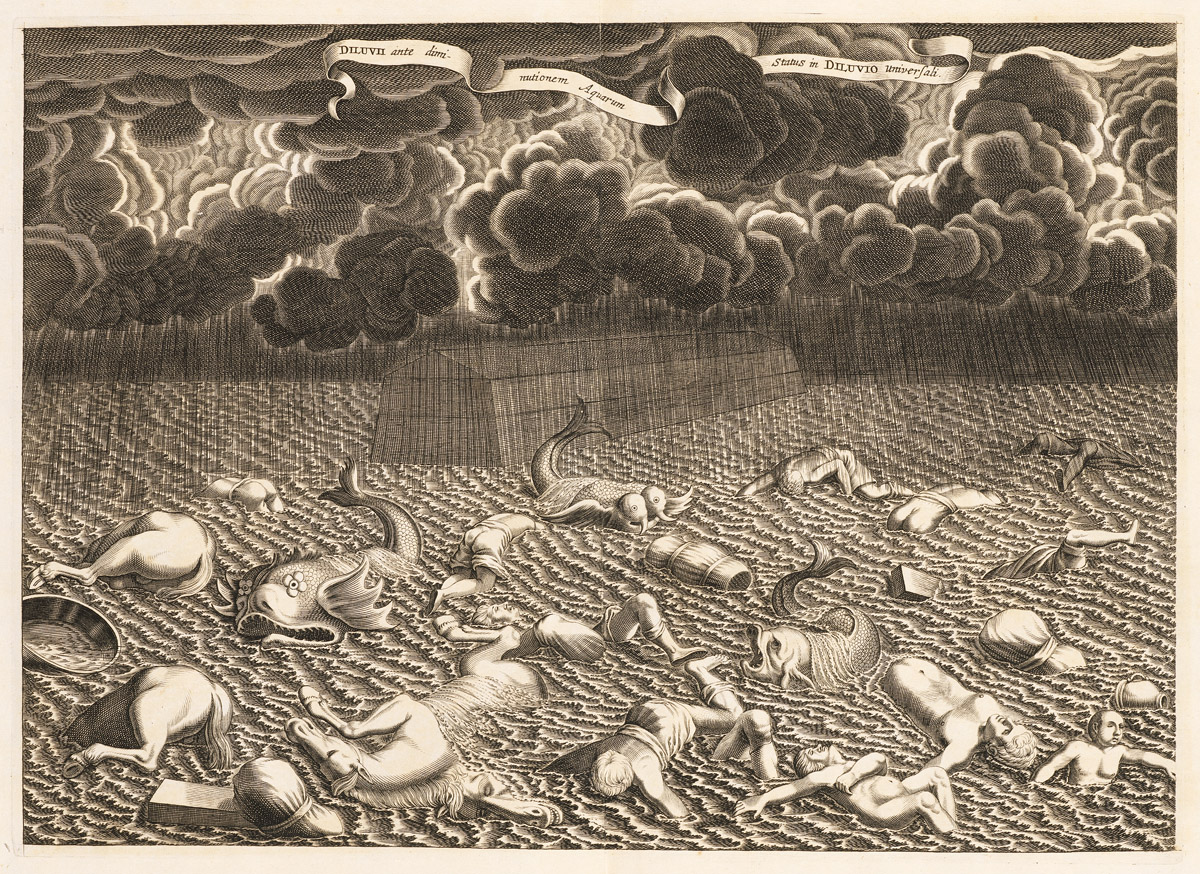Two questions, to begin with: Do you wish there was more Disco Elysium? And do you wish the original Disco Elysium had contained more tantric sex rituals? If you answered yes to both questions, 1) I never want to meet you, and 2) boy howdy, do I have a book recommendation for you!
That book is Stations of the Tide by Michael Swanwick. Stations won the Nebula for Best Novel some time back in the ‘90s, which is interesting because it is completely nutty and fairly baffling. The protagonist is “The Bureaucrat”, both in that bureaucracy is his job and in that he has no other name revealed in the text. He lands on the planet Miranda days before the vast majority of the planet is to be flooded by a recurrent world-ending deluge. His assignment: hunt the fugitive wizard Gregorian and recover powerful technology Gregorian stole from the floating space government which (apparently?) rules humanity.
Along the way, he has weird and consistently sexual encounters with Gregorian’s friends and family, with various Miranda locals (all of whom are mildly Cajun?), and with a giant monster woman who is the puppet mouthpiece of the AI collective which now rules the Earth (maybe? Or she’s something weirder?). The Bureaucrat spars administratively with his rival bureaucrats, who are all safely ensconced within the Puzzle Palace, their spaceborne headquarters. He becomes obsessed with the species which previously occupied Miranda, a type of fish people called “Haunts”. He gets anally fingered by a hot witch named Undine. Throughout it all he keeps looking for Gregorian.
The reason this book reminds me of Disco Elysium is its cusp-of-the-apocalypse setting and its consequently unusually philosophical take on the science fiction procedural. Throughout Stations, the Bureaucrat is confronted by the local people of Miranda, who, rather than help him with his manhunt, probe his motivation and self-conception until they break him down into something new, someone who sees the limits and flaws of the system he serves. He is forced to confront the destructive vacuity of the culture which formed him. Behind these revelations the hovering threat of the jubilee tides rises. The tides will sweep away centuries of development, restoring Miranda to something like it was before humans arrived. For those of you who would have preferred to see Disco Elysium end with a more emphatic rejection of policing and control, this book may reward you in ways the game did not.
But I must address the elephant in the room: wow, this book has a lot of explicit sex and sexuality in it. I have no objections to the right of authors to include sex and sexuality in their work, including pornography, but the descriptive material surrounding the book did not telegraph this part of the narrative very effectively, so I am telegraphing it to you now. There are several extended, plot-essential sex scenes, and by plot-essential I mean the acts themselves are critical to the development of the Bureaucrat’s character. If that’s something which is hard for you to read, you may need to pass. On the other hand, if you wondered how hard a middle-aged space bureaucrat could get down, wonder no longer.
Aside from the value of a fearless approach to putting the horn one wants to see in one’s own work, I’m not sure what to take away from Stations of the Tide. Swanwick is a very talented descriptive writer (though he shades into the purple every so often), and his worldbuilding for Miranda is fascinating, its true shape revealed slowly and deliberately over the course of the novel. The subtlety of the Bureaucrat’s evolution as a character is impressive, taking the protagonist out of his dogged loyalty to the affectionless government he serves and into…something else, I won’t spoil it. Let’s say, something earthier. The book is a compelling one, and a strange one, and for some of us that alone will make it worth reading. There’s not much else like it, except Disco Elysium, in my estimation.
Oh, and the Bureaucrat’s sidekick is a talking briefcase. It’s no Kim Kitsuragi, because nobody is, but it has a notable supporting turn nonetheless. Its final fate is perhaps the most powerful moment of the book.

